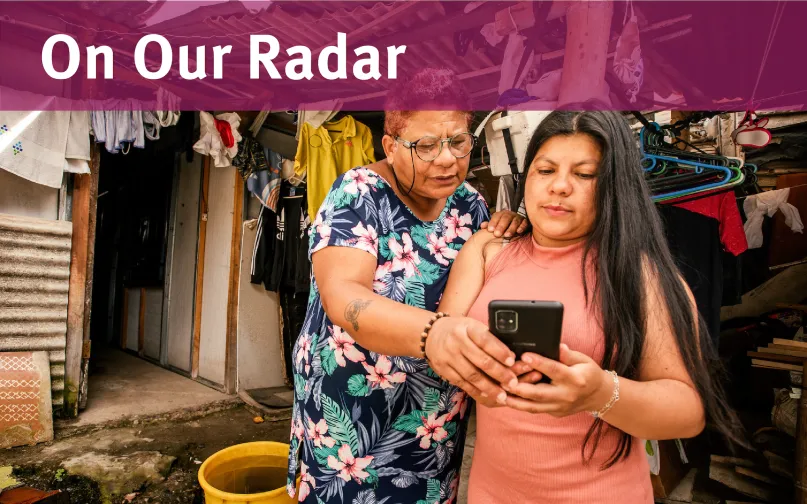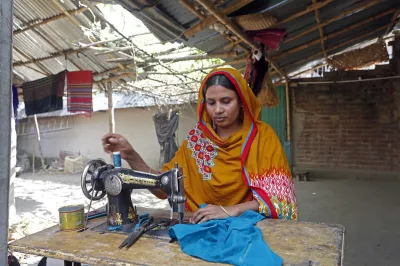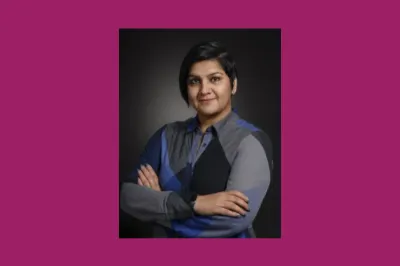On Our Radar: August 2023

An updated take on "What We're Reading", the FinEquity team brings you a curated list of women's financial inclusion and economic empowerment content we've been consuming recently, from podcasts, new initiatives and articles to videos and social posts.
A comprehensive mapping of women’s leadership in multilateral organizations
Deep-seated biases continue to hinder women’s full and equal participation across the board. This report by GWL Voices for Change and Inclusion maps the number of women leaders in 33 of the world’s largest multilateral organizations. It reveals that since 1945, multilateral organizations have collectively had a total of 382 leaders - 335 of them were men and only 47 were women. In all, women have been in charge for only 12% of the time since 1945. And despite recent progress, only one third of these organizations are currently headed by a woman.
Lower productivity, higher mortality rates, and indoor overcooling. Here’s why heat waves are so much worse for women
As we face the hottest summer to date, women are facing greater risks than ever before. Recent research shows women face a greater proportional loss in income and an increase in caregiving burden as a result of extreme heat. And their overall health is at increased risk too. Women have the “dual health burden” of greater physical susceptibility to heat stress in addition to extra responsibilities associated with heat-related illness in their families.
Responsible Digital Payments: How to Prioritize Women for Financial Equality and Inclusive Economies
This UNDP policy brief outlines the power of responsible digital payments in promoting financial inclusion for women. It emphasizes the opportunity and the importance of removing the structural barriers to women’s economic and financial participation, in addition to offering actionable recommendations for the key steps that policymakers and other stakeholders can take to prioritize women in their efforts toward digital financial inclusion.
WFP Cash Policy : Harnessing the Power of Money to Help People Survive and Thrive
This World Food Programme publication emphasizes the role of humanitarian cash transfers and government safety net transfers to help people meet their urgent food, nutrition and essential needs while contributing to longer term outcomes such as digital financial inclusion and women’s economic empowerment.


